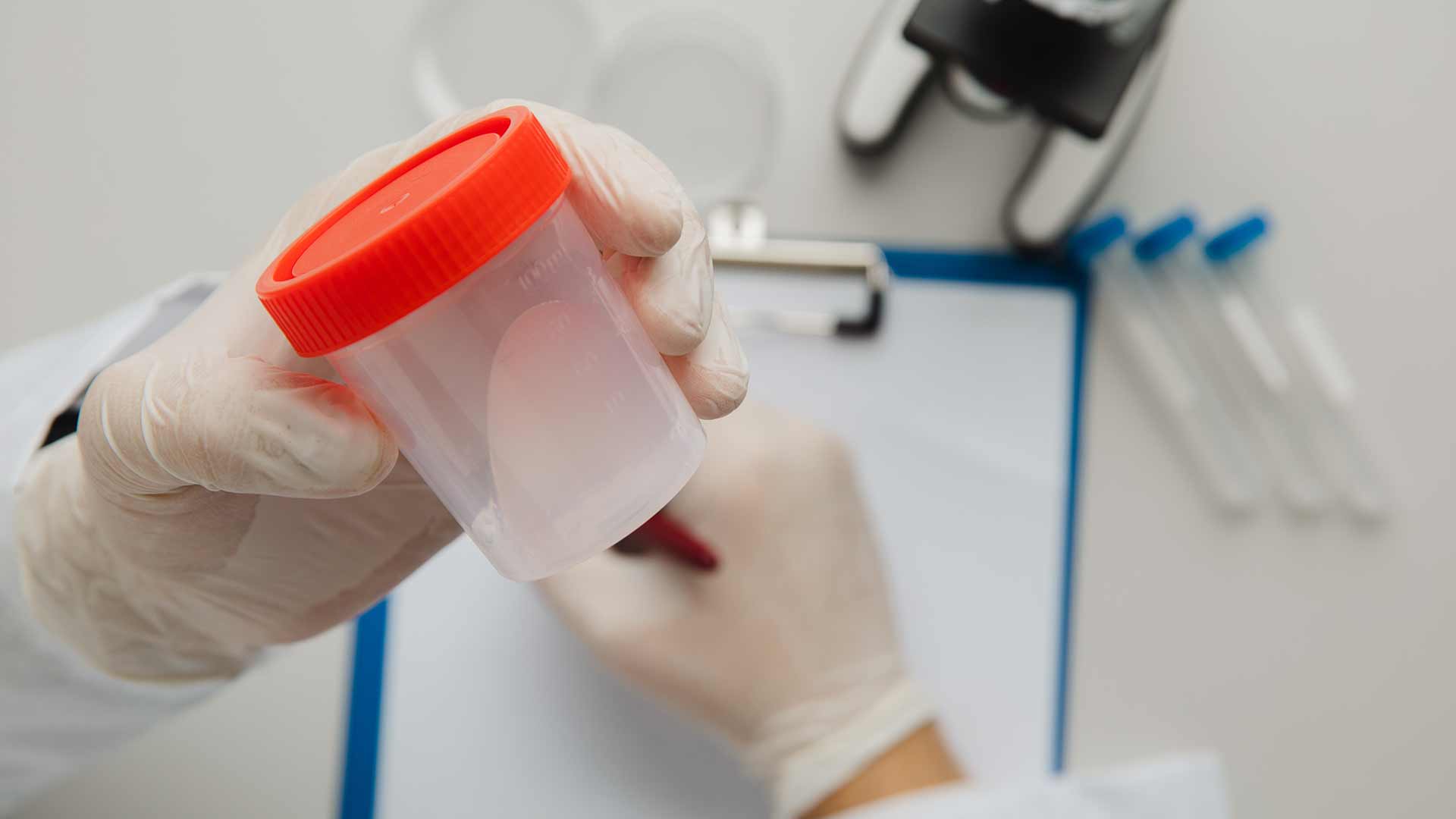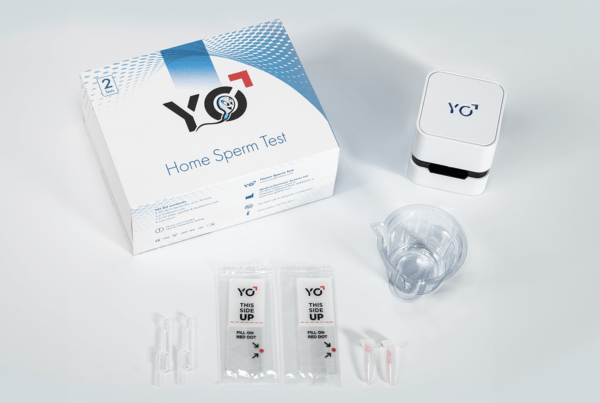Building a family isn’t always straightforward. However, thanks to advances in technology, many more couples and individuals can now achieve their dream of parenthood. Sperm donation is one such option. In this article, we list 10 fast facts about donor sperm to support you as you research this path to parenthood.
What you need to know about Sperm Donation
#1 Sperm donation is a treatment option for many
Donor sperm is a possible treatment route in cases of male factor infertility and when the man is a carrier of a genetic disease. It also allows same sex female couples and single mothers by choice build the family they’ve always wanted.
#2 One vial of donor sperm costs around $1,000
The cost of donor sperm varies from one sperm bank to the other but $1,000 is a good average. This excludes storage, shipping and other treatment costs that may be needed, including intrauterine insemination (IUI) or in vitro fertilization (IVF). You may also need more than one vial to achieve a pregnancy.
#3 Insurance won’t necessarily cover sperm donation
Insurance coverage depends on your plan, how your gender is classified by the insurance company, if you have received an infertility diagnosis and the specific fertility procedures you need. Female couples using IUI with donor sperm may have insurance coverage for some medical visits and tests.
#4 Someone you know can donate
A known (or directed) sperm donation is when someone close to you offers to donate sperm to help you build your family. You can have a known donor as long as you both agree to the donation and your state/country allows it.
#5 All donors undergo screening before they’re allowed to donate
Donors must complete a physical exam, semen testing, genetic testing, and a psychological evaluation. Their family medical history and personal and sexual history is also reviewed. Known donors must complete this screening too.
#6 Anonymous sperm donations are quarantined for 6 months
The U.S. Food and Drug Administration (FDA) requires that sperm donations are quarantined and only used once deemed eligible. During that time, the sperm is tested for infectious diseases.
#7 Sperm donors are paid
Sperm donors in the US or Canada receive around $100 per donation. Sperm banks keep their fees purposely low – the reason for donating sperm shouldn’t be solely financial.
#8 Sperm donors do not have parental rights
Donors do not have any parental rights over the children born through their donations. This means a donor will not be considered the legal father of the child.
#9 The process can be lengthy
In between finding a sperm donor, finalizing all contracts in the case of a known donor, and the treatment itself, sperm donation can be a lengthy process.
#10 Psychological counseling may be a clinic requirement
Your fertility clinic may recommend counseling before starting a donor insemination cycle. Using donor sperm is a big decision for which you want to be emotionally and mentally prepared. A counselor can also help you consider how and when to tell your future child they were donor conceived.
Choosing your ideal sperm donor is a major decision – with the right support and fertility providers, it can be a rewarding experience for all.
If you’re still learning about your sperm health, Yo Home Tests offer a private and discreet way to learn more about your fertility. Learn more about Yo Sperm Home Tests here.







